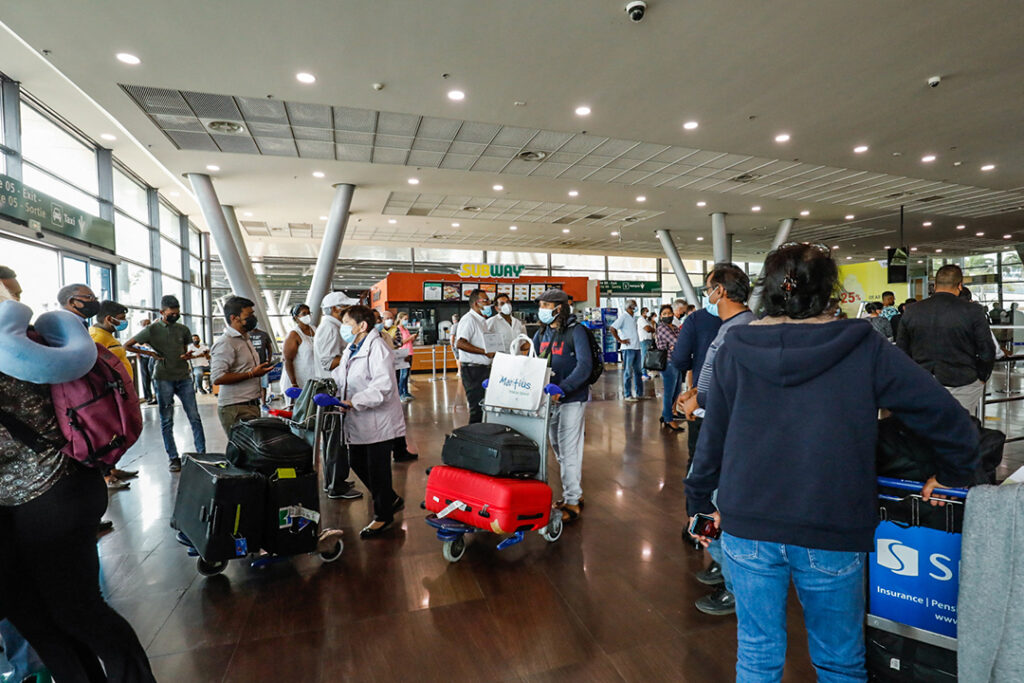ADF STAFF
For 50 years after gaining independence, Mauritius has gradually built a strong economy, driven by tourists flocking to its gorgeous beaches, while also making gains in textiles, manufacturing and banking.
In July 2020, the World Bank classified Mauritius as a high-income country for the first time, joining the Seychelles as the second high-income economy on the continent.
Then COVID-19 hit, and, like many nations around the world, the island country 1,130 kilometers east of Madagascar suffered an economic downturn. Leaders now are struggling to regain the country’s economic footing. The government reopened its borders in October 2021, but tourism still lags.
“By July, there was no Covid, however there have been additionally no vacationers,” Azim Currimjee, a managing director of the Currimjee telecoms-to-beverages conglomerate, told Financial Times.
The Mauritian economic system shrank 15% in 2020, and per capita earnings dropped to about $370,240 rupees ($8,600), the magazine reported.
“For eight months, we have been a high-income nation,” former Finance Minister Rama Sithanen told Financial Times. “Now, we have now gone again to the place we have been 10 years in the past.”
To mitigate financial burdens caused by the pandemic, the Bank of Mauritius established the Mauritius Investment Corp. in June 2020. It lends money to large businesses in struggling sectors and helps the workforce stay on the payroll.
“We threw the textbook out of the window,” Currimjee told Financial Times. “The coverage was, first, to ensure we keep alive and, second, to ensure there isn’t any financial harm.”
As Mauritian officials eye the eventual end of the pandemic, some experts believe now is the time to attract investment in the medical device and life sciences sector.
Lured by the country’s tax-friendly laws for start-up businesses, Noraker Capricorne, a French company that produces orthopedic and dental implants and bone substitutes, and Natec Medical, a U.S. company that produces catheters and stents, have opened manufacturing plants on the island. Natec plans to open a life sciences center in the country and wants to expand manufacturing, according to a report on med-technews.com.
Accessibility to infrastructure and labor make Mauritius a prime spot for other medical companies to consider opening plants in the country, said Nirmala Jeetah, who oversees the bio-industry and project development directorate at the Economic Development Board of Mauritius.
“The government wants to promote manufacturing and right now we have the premium investment scheme that is focusing on pharmaceuticals and medical devices,” Jeetah told med-technews.com. The scheme allows for tax and utility exemptions to encourage growth in the health care sector, she said.
In April, the government implemented measures to increase the influx of foreign currency in the country, including promoting Mauritius as a business facilitation hub and opening economic activities for foreign investors and expatriates.
Mauritius recorded a deficit of about $122 billion in inflow of foreign currency from 2020 to 2022, due mainly to a considerable decrease in earnings from tourism, exports and financial services, Renganaden Padayachy, the country’s minister of Finance, Economic Planning and Development, said in a news release.

